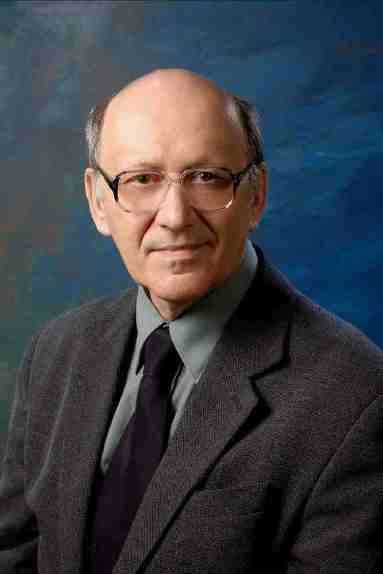Michael Heller, a Polish Roman Catholic priest and cosmologist whose intellectual and religious life has been grounded in the insights of both science and religion, has won the 2008 Templeton Prize, believed to be the largest yearly monetary award given to a single individual. Heller, 72, who teaches at the Pontifical Academy of Theology in Cracow, was awarded the prize for his work in connecting the realms of physics, cosmology, theology and philosophy. Heller reiterated his belief that the oft-described "two worlds" of religion and science are not at odds, in an interview the day before the 12 March announcement, saying that without the meaning afforded by religion, "science would be meaningless".
Heller has had a long interest in examining such questions as "Does the universe need to have a cause?" and he has engaged sources from different disciplines that might otherwise have little in common, the John Templeton Foundation said in announcing Heller's winning of the prize.
"Michael Heller's quest for deeper understanding has led to pioneering breakthroughs in religious concepts and knowledge as well as expanding the horizons of science," John M. Templeton Jr, the president of the John Templeton Foundation, said in a statement in conjunction with the announcement of the award at the Church Center for the United Nations in New York.
In prepared remarks for the formal announcement, Heller said he had "always wanted to do the most important things, and what can be more important than science and religion? Science gives us Knowledge, and religion gives us Meaning. Both are prerequisites of the decent existence."
Heller told ENI the grounding for his beliefs came in part from the background of his parents. His father, Kaziemierz, was an electrical and mechanical engineer as well as a painter, who instilled in the young Heller a sense of the unity of science and religion.
This happened at a time when the family was trying to find its bearings after being first deported, like some 1 million other Poles, to Siberia under orders of Joseph Stalin, followed by war-time transfers to the Volga region of the Soviet Union and then, eventually to western Poland.
The experience of the Second World War gave Heller a sense of a higher calling. "Without higher motives, life is vegetation, it's not human life," observed Heller in describing how his determination to excel academically led him on a path that combined the Catholic priesthood and academia.
Heller said he plans to use the Templeton money to help create a planned Copernicus centre that, in conjunction with Jagiellonian University and the Pontifical Academy of Theology in Cracow, will promote science and theology as an academic discipline.
The priest will formally receive the 2008 Templeton Prize – the full name of which is the Templeton Prize for Progress Toward Research or Discoveries About Spiritual Realities – from by Prince Philip, the husband of the British monarch, at a 7 May Buckingham Palace ceremony.
The John Templeton Foundation has since 1973 awarded the prize, which is currently valued at 820 000 British pounds, or more than US$1.6 million. Read more at their Website regarding Mr. Heller's scientific efforts.
Ecumenical News International (ENI), March 12, 2008
(Thanks to Nic B. for suggesting the story!)










Be the first to comment